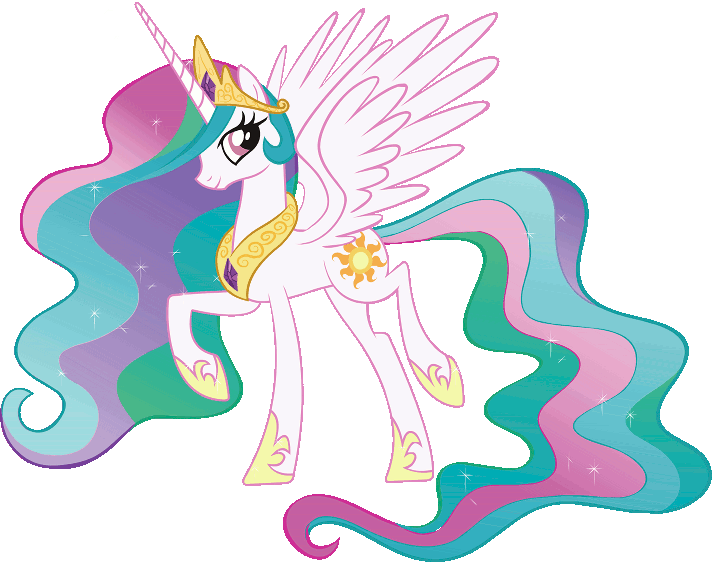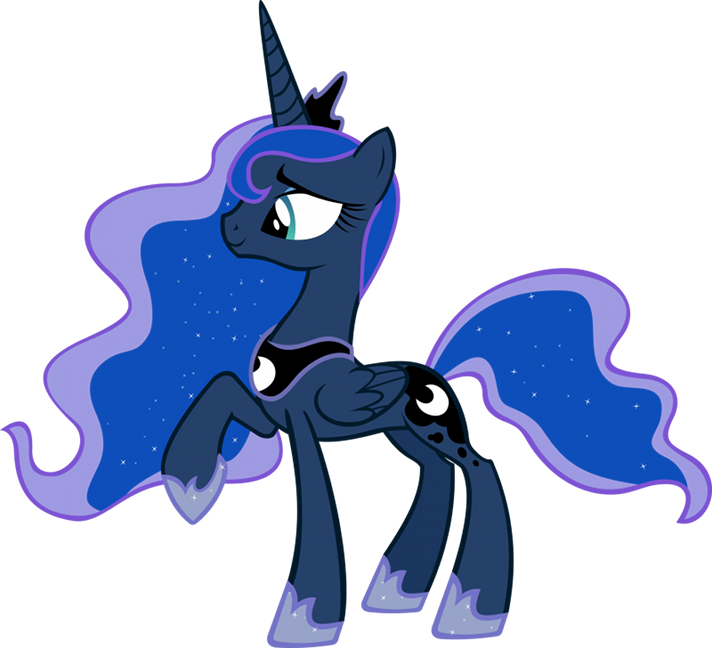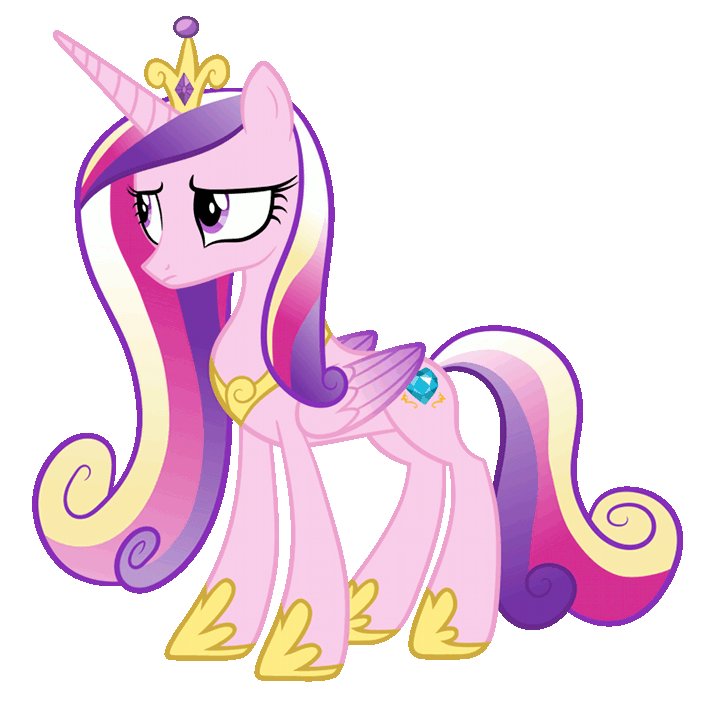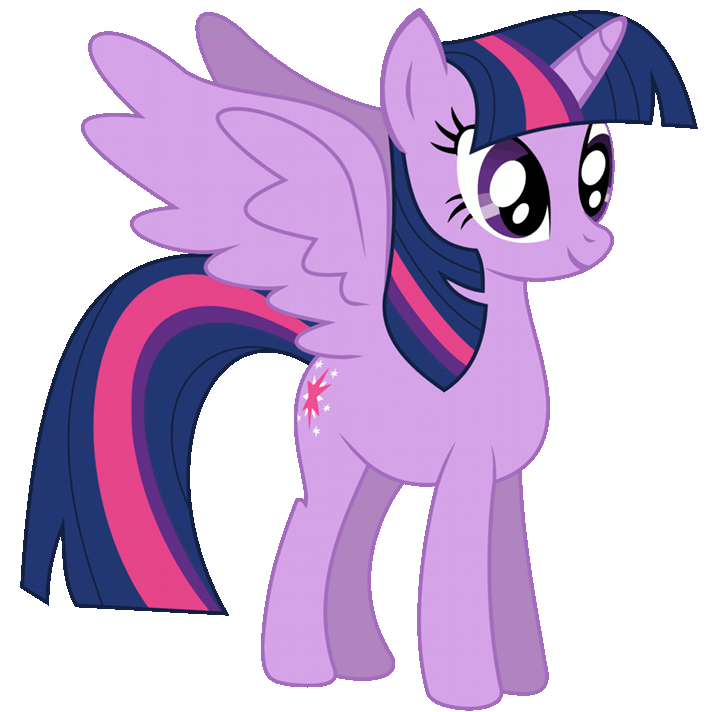BBHartman's Mobile Home Page

This simple webpage is to demonstrate the design and look of a mobile version of a regular webpage when created with jQuery-Mobile

This simple webpage is to demonstrate the design and look of a mobile version of a regular webpage when created with jQuery-Mobile

Board games, here at least, are defined as any game that uses either a board or cards that emphasis rule based gameplay fun.
It's the best lite, but still somewhat competitive, group game for 3-6 people I know.
Way back in the dawn of time I played Magic the Gathering and while I never really got into it I had a lot of cards (I had cards, just didn't play against people) and never really understood deck building. By the time I was old enough to appreciate the strategies in involved in correctly building a competitive deck my cards were too old to actually be legal or were too underpowered.
Every year Wizards of the Coast, or WotC, produces a new set of cards that along with the past few years, form the current set. Only cards from the current set can be used in official tournaments, meaning that when you buy a card it has an effective timer on it until it can no longer be used. Yes you can use it in more casual play, but the idea that what you spent your money on has a planned obsolescence galls me. There is a good reason to remove older cards, all too often WotC didn't properly playtest the newest sets, or combine them with the other current sets, so bugs and exploits would be found that could unbalance the game. Sometimes cards would be baned, or particular combos wouldn't be allowed in play, but I still feel removing such a potentially huge investment from their paying base is insulting.
Even worse to me is the rarity aspect. When someone buys a deck of Magic cards it is random which cards they will get. Depending on how they buy the cards (whether in a larger starter deck, or a smaller expansion pack) they will have differing chances of getting more or fewer rare cards. Add in that when the yearly set is being designed they add in new rules specifically for that year, often with specific card combinations in mind, means that to create a deck with a concept you want you may be required to buy an inordinate number of packs to get the cards you need. The fact that there is a thriving secondary market for rare cards that players need to properly complete a deck demonstrates the possibly huge barrier to entry to actually play the game well. Indeed while in college there was a player who had spent inordinate amounts of money on the game, and so people knew that they couldn't compete with him because they didn't have the cards needed to build a good enough deck to stand up to what he could create.
With these concerns in mind I have been looking for a replacement ever since. For a while I played Legend of the Five Rings which doesn't have the planned obsolescence and better multiplayer support, but the constant release of newer and more powerful cards that were still a grab bag if you could get them didn't really fix all of my problems. I've boughten a few deck building games (a game where the majority of the gameplay is building the deck on the fly) such as Dominion, Puzzle Strike, Core Worlds, or Quarriors but they still don't allow for the long term deck building I miss. Another option may be the Fantasy Flight Games concept of a Living Card Game which offers a new set of cards every month or so, except that the set consists of only 60 or so cards that are bought all at once, so no concept of rares or availability problems. This sounds like it might fix my concerns, but I'm still worried if these newer expansions will be needed to stay competitive with friends who do buy them.

Pen and Paper RPGs are games that focus around storytelling and inter player interactions. Dungeons and Dragons is the most known example, but there is a whole industry creating others..

This page will contain more information and pictures later, when I have something to add.

Celestia is the graceful wise ruler of all of Equestria, and beloved by her people. She has seen the banishing of Discord twice, the imprisonment (by her) and redemption of her sister, and has been imprisoned herself twice that we have seen. Through it all she has a playful, somewhat irrelevant attitude, but is serious in the defense of her subjects. Being connected to the sun she is in charge of raising it every day.

Banished to the moon when she let jealousy for her subjects love for her sister corrupt her becoming Nightmare Moon, she returns in the first arc of season 1 and is saved by the main characters. She appears again in her own episode, Luna Eclipsed, when she visits Ponyville for Nightmare Night (their version of Halloween). She makes 2 more appearances, once with a passing line, and the second time as an adviser for the young filly Scootaloo. Personality wise she is more regal then her sister, but after being banished for 1000 years she is very out of touch and old fashioned but still tries to have a sense of humor. She is responsible for raising the moon, a job her sister covered while she was banished to the moon.

Appearing first in the finale for season 2, we find out that Cadence was Twilight Sparkles foalsitter, she is replaced by a changeling imposter who tries to conquer Equestria and is defeated by the main six, allowing Cadence to marry her Fiance Shining Armor, Twilight Sparkle's brother. She appears again in the first arc of Season 3 where she saves the Crystal empire and becomes it's leader.

One of the main 6 characters of the series, Twilight Sparkle is introduced as an almost main character. She is the personal student of Princess Celestia and the wielder of the Element of Magic, using it along with the rest of the main characters to redeem Luna in the first arc. She was most likely the strongest unicorn in the land, possibly throughout history, until she became an alicorn in the last episode of the third season.

I grew up with video games beginning with a SNES when it first came out in 1991, through all Playstation and Nintendo variants since, to a computer mostly nowadays. They sometimes form a rather sizable portion of my leisure activity, for better or worse.

I always figured as long as I was messing with computers I'd be happy in whatever job I ended up in. Computers tend to be a profession, a hobby, and a stress reliever. On the downside it means I do tech support for almost everyone I know.
These ideas are not new, but early on in my programming I took them to heart and I believe that they should form the basis of any complex computer based technical work. Conceptualized by Perl founder Larry Wall, and all quotes are attributed to him, I believe that these 3 core virtues lie at the heart of any good programmer: Laziness, Impatience, and Hubris.
"The quality that makes you go to great effort to reduce overall energy expenditure. It makes you write labor-saving programs that other people will find useful, and document what you wrote so you don't have to answer so many questions about it. Hence, the first great virtue of a programmer." To me it means not doing work if I can find any possible way around it (use someone else's code, use an abstraction like Markdown so I don't have to worry about tags) and in turn makes it far less likely I’ll make a mistake since in the end it wasn't me who actually wrote it. It also means looking around at others ideas so that I can borrow/learn from them myself. I don't need to know all of the bad mistakes made to make a great user interface work well, I just need to find one that does, recognize how it works, then ape it.
"The anger you feel when the computer is being lazy. This makes you write programs that don't just react to your needs, but actually anticipate them. Or at least pretend to. Hence, the second great virtue of a programmer." Getting upset at programs not being fast enough, or the process to get what you want out of them not being simple enough, is normal for everyone, but a programmer actually has the opportunity to do something about it. This impatience is what has led to Wikipedia's quick editing system, or to Google's ability to not only crawl the known web but also to answer questions within a few tenths of a second and to even shape it's results based on what it thinks you are looking for (correcting for spelling errors, sorting based on page ranks and importance of the site to other sites (PageRank)). This is the virtue that keeps us developing new and better programs, because the old ones didn't do exactly what we wanted immediately.
"Excessive pride, the sort of thing Zeus zaps you for. Also the quality that makes you write (and maintain) programs that other people won't want to say bad things about. Hence, the third great virtue of a programmer." What makes our programs great is that we wrote them! This pushes us to actually make the program great, the last thing we want is someone rightfully pointing out that we were wrong and what we made was bad. This is most likely also the reason why we tend to be rather vocal about our opinions, a feature I am sure others will attest to.